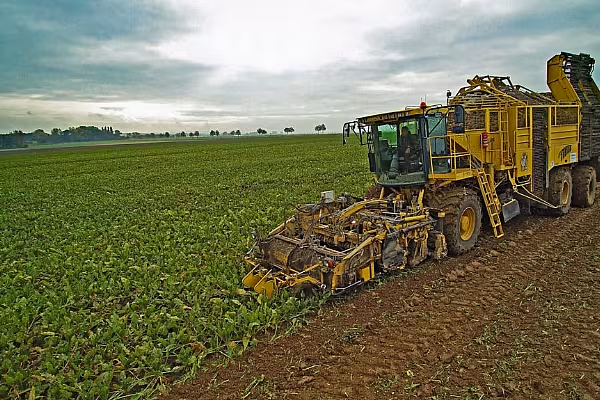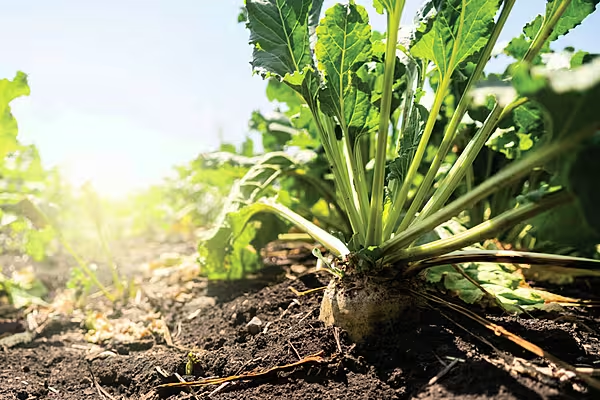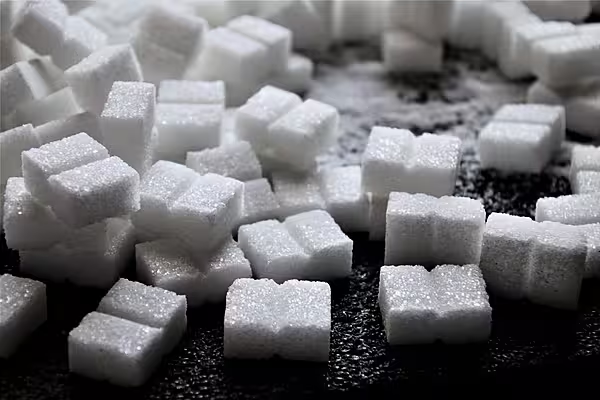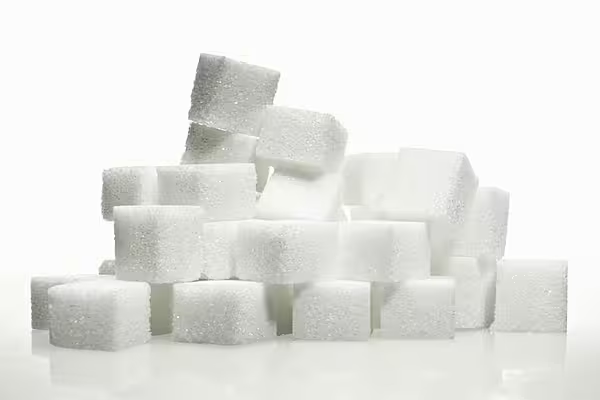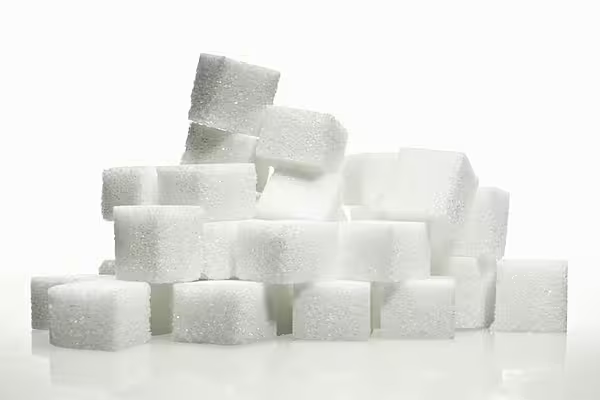Sugar producer Nordzucker expects group harvest to be below last year’s level due to the drought across large parts of Europe.
The group will commence processing sugar beet on 3 September.
Nordzucker Crop Affected By Drought
Nordzucker is beginning its production of sugar this year at its plant in Schladen, Germany, as part of the organic beet campaign.
The group processes organically grown beet in Schladen, Nykøbing in Denmark, and Kèdainiai in Lithuania at the beginning of each campaign.
Other Nordzucker plants in Germany, Denmark, Sweden, Finland, Lithuania, Poland, and Slovakia will start processing beet between 11 September and the beginning of October.
Despite slightly higher sugar content than in previous years, Nordzucker has predicted that the harvest will be slightly below average compared with previous years.
According to the group, the extreme dryness witnessed in various locations across Europe will lead to significant regional differences in beet yields.
The group expects to complete beet processing by the end of January 2023.
Sugar cane processing in the group's Australian factories has been underway since mid-June, the company noted.
Heavy rainfall had temporarily delayed harvesting and processing there.
A harvest above the previous year’s level is expected.
The group was previously confident about its performance during the year, but has readjusted its expectations.
Energy Concerns
In many factories, Nordzucker had switched the energy supply to natural gas for energy and environmental reasons. It has reduced its CO2 emissions by 60% compared to 1990.
The group stated that the current uncertainty in gas supply and across the energy sector has led to particular challenges.
"Where possible and necessary, our colleagues have switched the factories from gas as an energy source to oil since the end of February in order to secure the processing of the sugar beet. In this short period of time, this is a tremendous achievement,” Alexander Godow, COO, said.
"In this way, we are securing the supply of sugar from regionally grown sugar beet for our customers. In addition, Nordzucker is helping to relieve the tight gas market for the benefit of all consumers," he added.
The group noted that it expects to have sufficient gas available throughout the campaign even at those locations where conversion was not possible.
The current energy situation encourages Nordzucker to stick to its long-term strategy of producing biomethane from beet pulp to cover its own energy needs.
"Our goal is to do without fossil energy in the long term," said Nordzucker CEO Dr Lars Gorissen.
"In concrete terms, this means producing biomethane from the beet pulp produced during sugar extraction to generate our own heat and electricity needs, thus becoming climate-neutral and energy self-sufficient. We are ready to start the associated investments once the political framework is in place," he added.
© 2022 European Supermarket Magazine – your source for the latest supply chain news. Article by Conor Farrelly. Click subscribe to sign up to ESM: European Supermarket Magazine.
